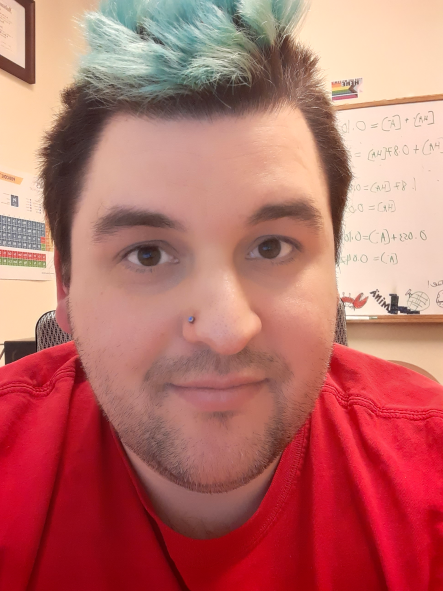|
Fasil Abebe - Morgan State University Fasil received his B.Sc in Chemistry from Addis Ababa University in 2000. He earned his Ph.D. from Western Michigan University in 2012, under the guidance of Professor Ekkehard Sinn. His doctoral research focused on the synthesis, characterization, and optical properties of small organic molecules for sensing and recognition of various biological metal ions. He is currently an associate professor at Morgan State University in the Department of Chemistry, and his current research is focused on the development of new chemical sensors and dye-sensitized solar cells. |
|
|
|
Daniel Ashley - Spelman College Daniel Ashley is an Assistant Professor in the Department of Chemistry and Biochemistry at Spelman College (Atlanta, GA). He currently teaches general chemistry and inorganic chemistry. Daniel has a BA in chemistry from Virginia Tech where he conducted research with Paul Deck on synthesizing fluorinated ferrocene-containing polymers. Daniel was very bad at this, but he still enjoyed it! He then started graduate school at Johns Hopkins University working with the late Justine Roth on measuring oxygen-18 isotope effects for water oxidation performed by biomimetic inorganic catalysts. Turns out Daniel wasn’t super great at this either, but he did discover that he was pretty good at calculating those same oxygen-18 isotope effects using DFT, and so he finally (and joyfully) embraced his inner computational chemist. He left JHU with a masters and went to Indiana University to obtain his PhD in computational inorganic chemistry with Mookie Baik, where he studied the relationship between physical oxidation state, redox non-innocence, and reactivity in various inorganic systems. After obtaining his PhD he had a very rewarding postdoc at North Carolina State University with Elena Jakubikova, computationally studying spin crossover in Fe systems. Since 2020 he has been an assistant professor at Spelman College (the nation’s #1 HBCU, #humblebrag) where he has been starting a research program geared around computationally evaluating single-chain nanoparticle metallopolymers, as well as the role of low and high-valent metals in advanced oxidation processes. |
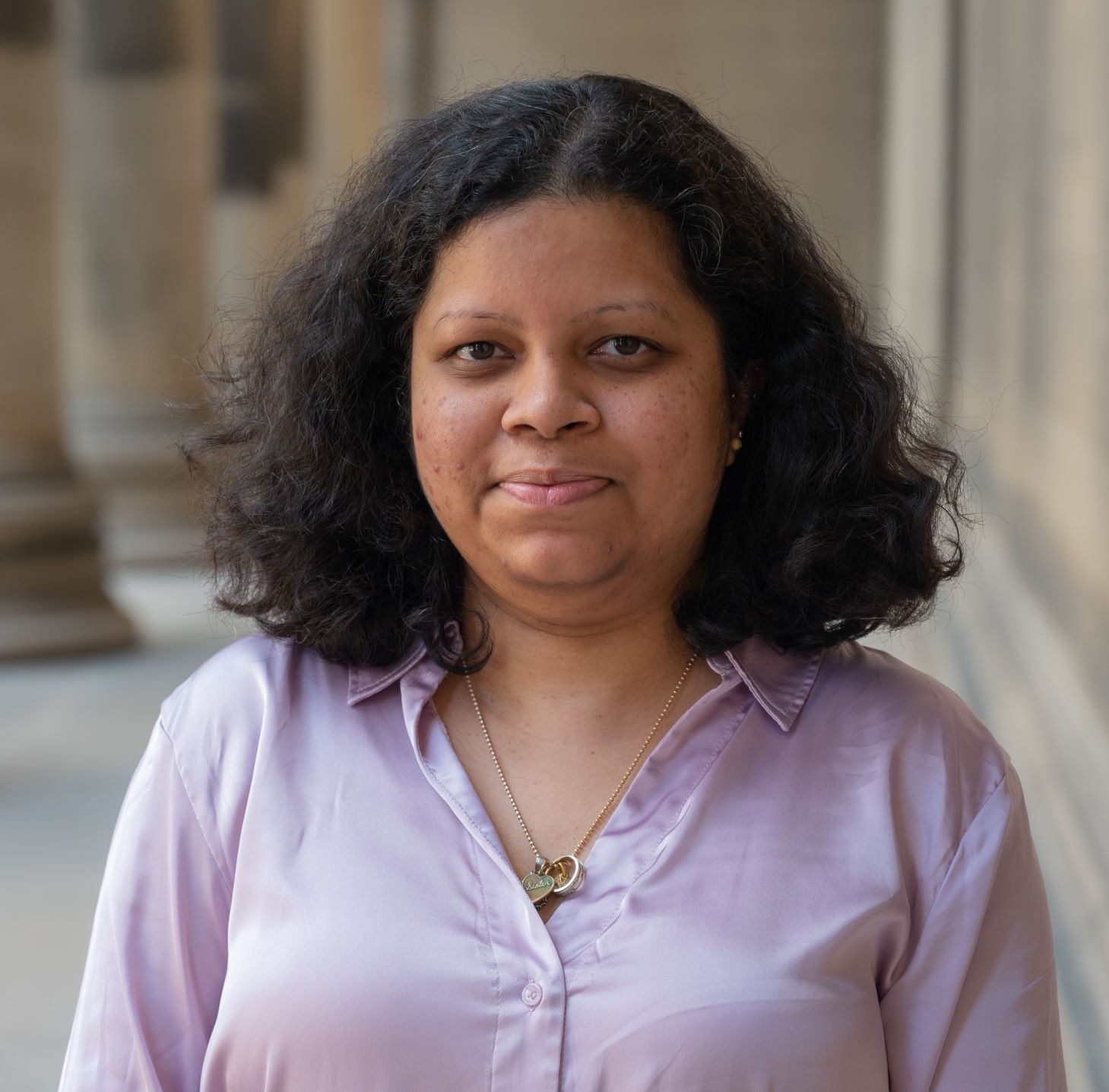
|
Niharika Krishna Botcha - Carnegie Mellon University Niharika Krishna Botcha is a Special Lecturer in the Department of Chemistry at Carnegie Mellon University. Niharika received a B.E (Hons.) in Chemical Engineering from BITS-Pilani Goa Campus in India. After a stint in Germany she came to the US to pursue her graduate studies at the University of Alabama in Huntsville earning a Ph.D. in Materials Science in 2021. Her dissertation was based on ‘Chemical oxidation and photoinduced electron transfer by nickel and copper complexes’ under the guidance of Dr. Anusree Mukherjee. After graduation she pursued a postdoc under Dr. Isaac Garcia-Bosch at Carnegie Mellon before moving on to a teaching position the following year. Niharika currently teaches organic chemistry lab courses for chemistry majors and non-majors and will also be venturing into other areas of chemistry in her teaching career. |
|
Matt Buck - United States Naval Academy Matt is an Assistant Professor at the United States Naval Academy (USNA) in Annapolis, MD, where he teaches general and inorganic chemistry. Matt received a B.A. in chemistry from SUNY New Paltz in 2007, and earned a Ph.D. in 2013 working with Prof. Ray Schaak at Penn State. His doctoral research focused on the multi-step synthesis and chemical transformation of colloidal inorganic hybrid nanocrystals. Matt did postdoctoral research at Los Alamos National Laboratory with Dr. Jennifer Hollingsworth, studying the synthesis and photophysical properties of inorganic quantum dots. Before joining the USNA faculty in 2018, he was a visiting assistant professor at Colgate University for three years. Matt's current research interests, which he enjoys pursuing with the help of undergraduate students, involves developing precursors and synthetic pathways to multi-metal oxide nanocrystals and composites for heterogeneous catalysis. |
|
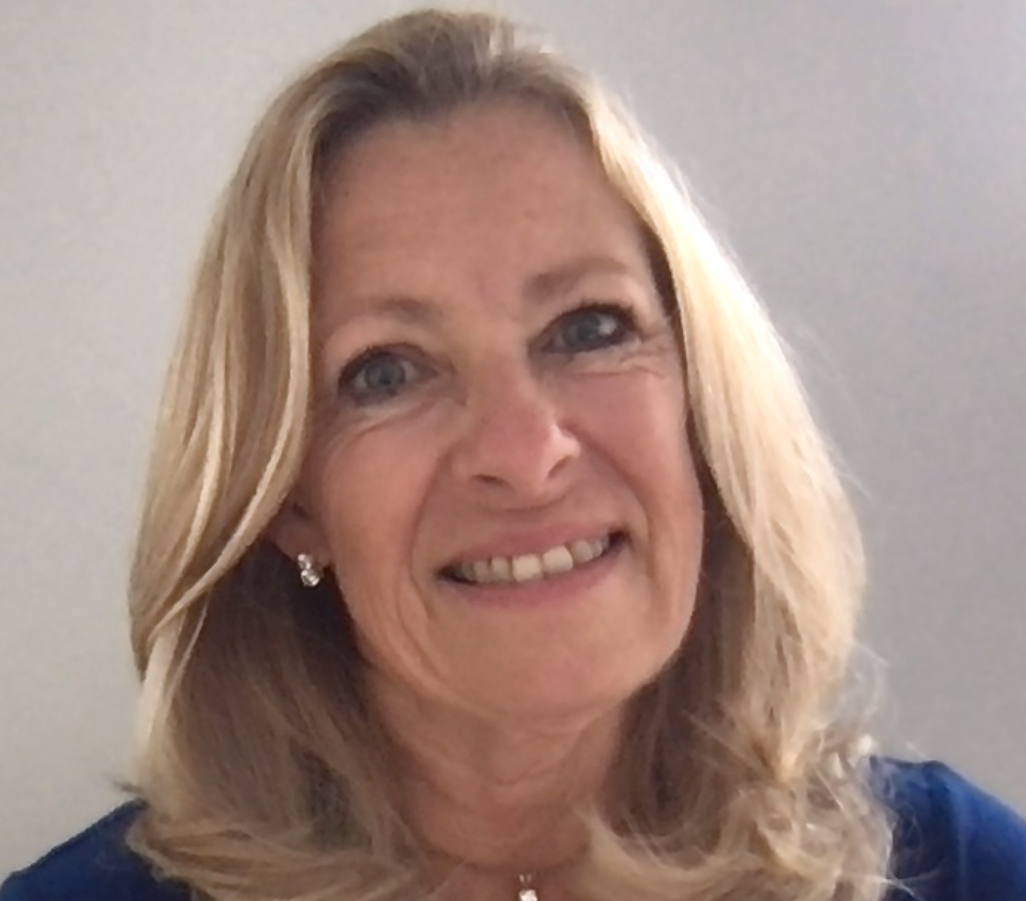 |
Jean Dupon - Coastline College Professor of Chemistry at Coastline 2014 - present Menlo College chemistry 1990 - 2010 S.B. MIT M.S, Ph.D Northwestern University |
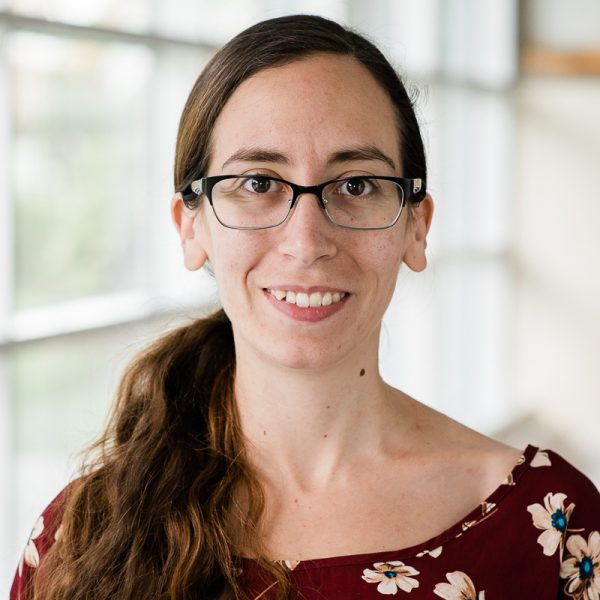 |
Denise Femia - La Salle University Denise Femia is an assistant professor in the Department of Chemistry & Biochemistry at La Salle University where she teaches inorganic and organic chemistry lectures and labs. She received her BS in chemistry from SUNY Geneseo in 2011 and completed her PhD with Mark Thompson at the University of Southern California in 2016. Her current research interests include the synthesis of small molecule chromophores for dye-sensitized solar cells as well as organometallic catalysis using Earth-abundant metals. |
|
Robert Green - Alabama State University Robert is currently the Chair of the Department of Physical and Forensic Sciences and Associate Professor of Chemistry at Alabama State University. Dr. Green’s research interests include investigating structure property relationships in novel perovskite and anti-perovskite materials for a variety of applications. He has earned a B.S. from Morehouse College, an M.S. from Purdue University and his Ph.D. from the University of South Carolina in inorganic/materials chemistry. |
|
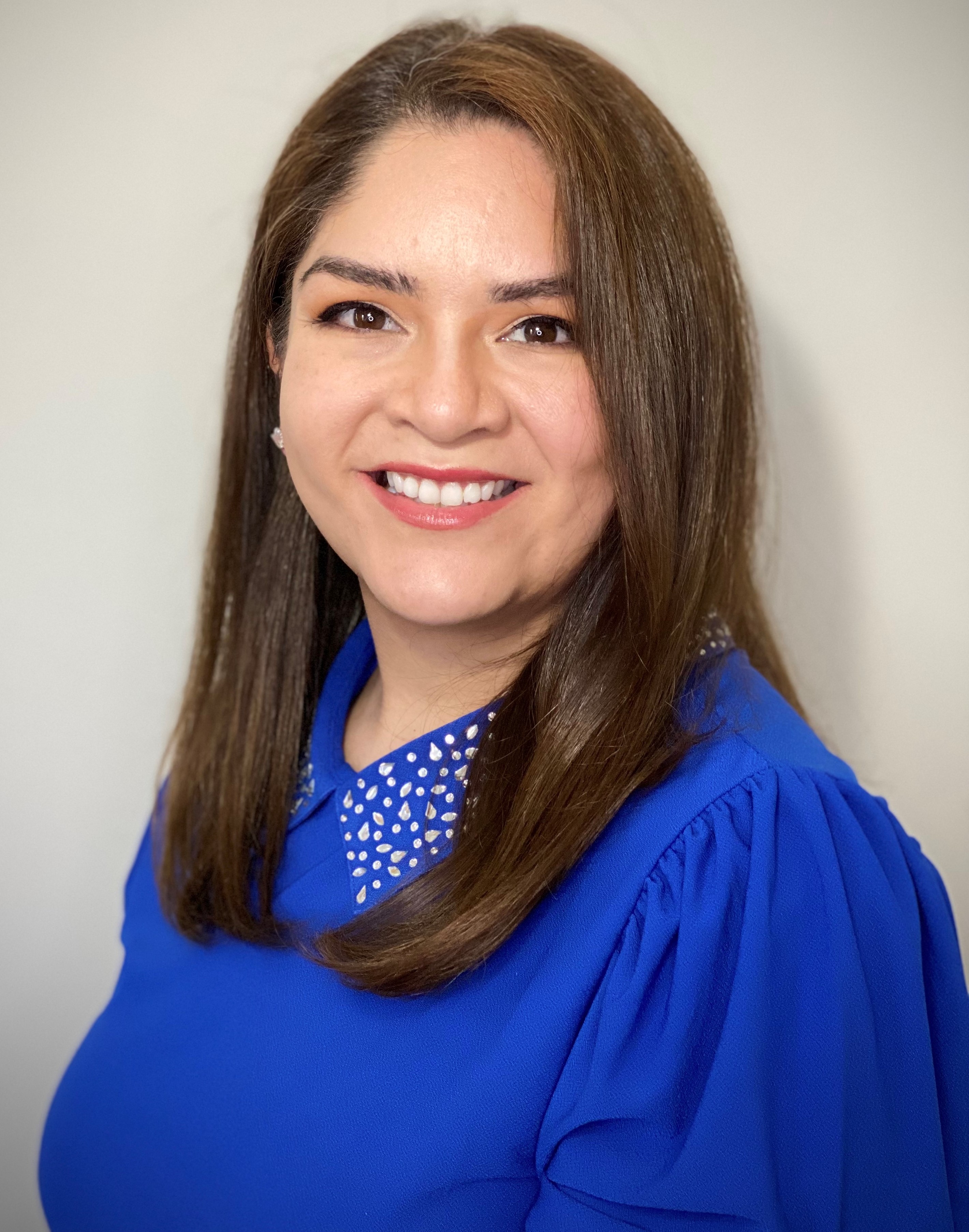 |
Viridiana Herrera - Lincoln University Viridiana E. Herrera is an Assistant Professor of Chemistry at Lincoln University. There, she teaches an array of chemistry courses including general, inorganic, and biochemistry. As an undergraduate student, she became fascinated by the complexity and efficiency of biological systems. Naturally, she followed her curious nature and went on to obtain a Ph.D. in biochemistry from the University of Oklahoma where she determined the X-ray crystal structures of several hemeprotein-ligand complexes. She then went on to complete her postdoctoral training at the University of Pennsylvania. Her current work uses structural biology techniques to characterize centromeric protein/DNA interactions. Professor Herrera is also a devout advocate for diversity and inclusion in STEM. She actively works with various organizations, including the National Organization for the Professional Advancement of Black Chemists and Chemical Engineers (NOBCChE), to connect minorities in STEM to professional opportunities. |
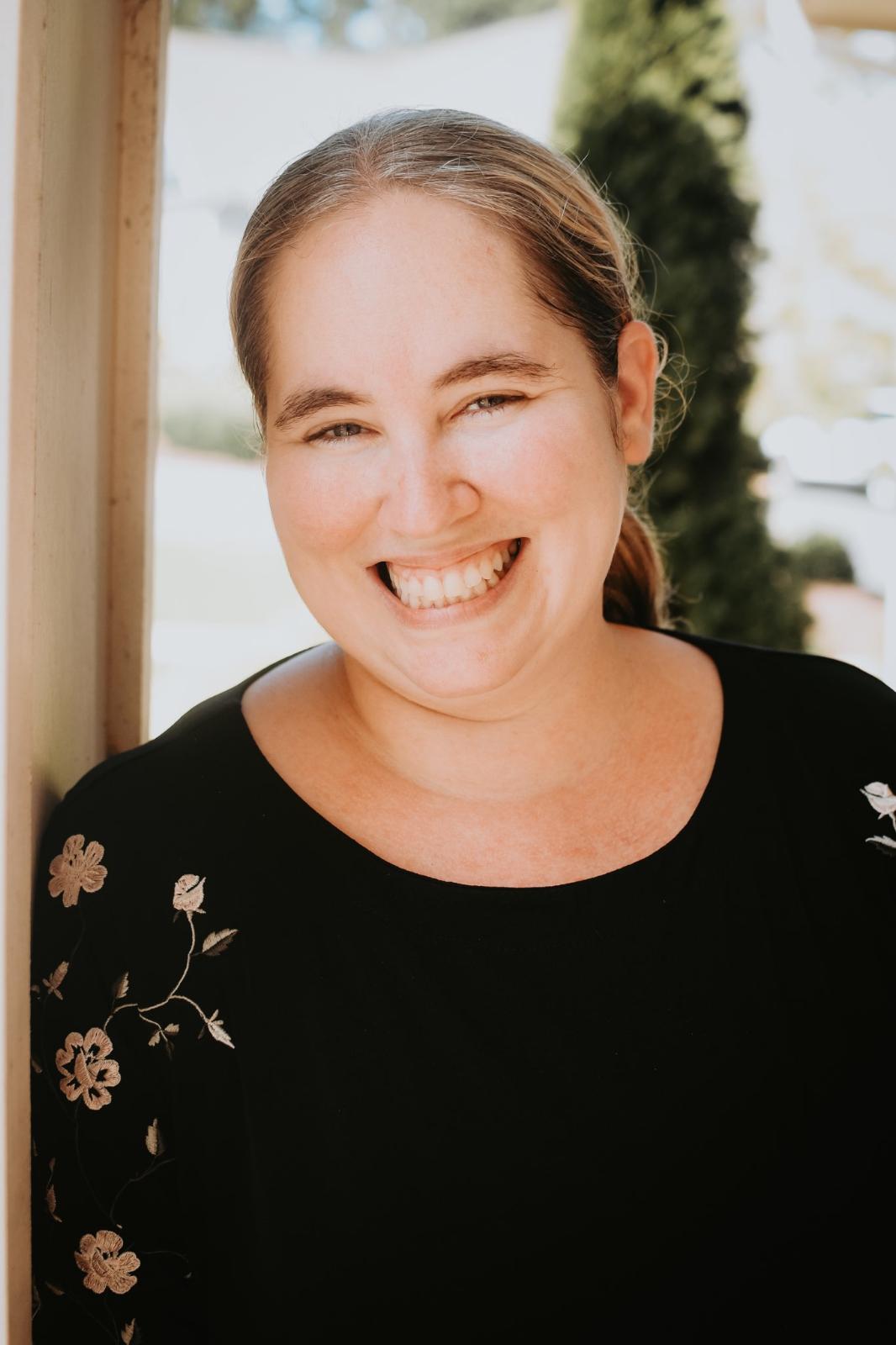 |
Ariela Kaspi-Kaneti - University of La Verne
Ariela is an Assistant Professor of Chemistry at the University of La Verne in California, USA. She obtained her Ph.D. in organometallic chemistry in 2012 from Tel Aviv University in Israel under the supervision of Arkadi Vigalok. Her doctoral research focused on synthesizing and investigating novel late transition metal fluoro complexes. She has extensive research experience in both synthetic and computational chemistry. She has worked as a postdoctoral fellow at Kent State University in Ohio, where she designed and performed computational studies on inorganic cyanide bridged platinum-iron complexes as cisplatin prodrug systems. She has conducted computational research together with undergraduate collaborators as a visiting assistant professor at Davidson College in North Carolina. Her research interests include structural changes and reactivity relationships in organometallic and organic processes. She has investigated conformational phenomena in organometallic and organic processes by means of continuous symmetry and chirality measures. Her teaching focus at the university of La Verne is mainly on general chemistry, inorganic chemistry and organometallic chemistry. Ariela is a member of several professional organizations, including the American Chemical Society, the American Physical Society, and the Israeli Chemical Society. She is also a member of the Chemistry Women Mentorship Network. |
|
Elaine Liu - Utica University Elaine earned her BA in Chemistry with a minor in Dance from Oberlin College in 2014 and earned her PhD in Chemistry from Emory University in 2021, under the guidance of Dr. Cora E. MacBeth. Her graduate research focused on designing and understanding first-row transition metals complexes with redox-active ligands to activate oxygen and facilitate catalytic oxidation. After completing her PhD, Elaine began as an assistant professor at Utica University where she teaches General Chemistry I and II, as well as quantitative analysis. Her research at Utica focuses on synthesizing small molecule mimics of the [NiFe]-hydrogenase active site. |
|
|
Santosh Mandal - Morgan State University Santosh did undergraduate and graduate studies in India and received a PhD in inorganic-organometallic chemistry from the University of Louisville, Kentucky in 1988. He did his postdoctoral work on synthetic organometallic chemistry at the University of Cincinnati, Ohio during 1988 and 1994. After a brief stop at Voorhees University and Claflin University in South Carolina, he moved to Morgan State University in 1997. Currently he is a professor of chemistry in the department of chemistry. He teaches general and inorganic chemistry. His current research is centered on the anticancer properties of organometallic rhenium complexes. |
|
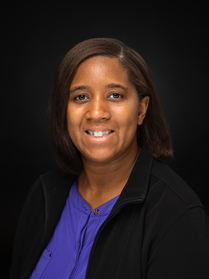 |
Marsha Massey - University of Central Arkansas Marsha Massey is an Assistant Professor in the Department of Chemistry & Biochemistry at the University of Central Arkansas (UCA). Marsha earned her Ph.D. from University of North Carolina at Chapel Hill in Chemistry, studying manganese and ruthenium complexes for carbon dioxide reduction electrocatalysis under the direction of Cynthia K. Schauer, Ph.D. In 2016, Marsha joined the faculty at UCA as a lecturer and later accepted a tenure-track position. Marsha teaches College Chemistry I/II, Intermediate Inorganic Chemistry, Advanced Inorganic Chemistry, and Environmental Chemistry. She has also taught a special section of a college preparation course for students of color in Chemistry and related majors. Marsha is currently working as a co-principal investigator on two projects: (1) the NSF-funded Scholarships in STEM grant at UCA titled ATOM Scholars Program and (2) the DOE-funded EFRC titled Center for Closing the Carbon Cycle (4C) led by Jenny Yang, Ph.D., at University of California, Irvine. |
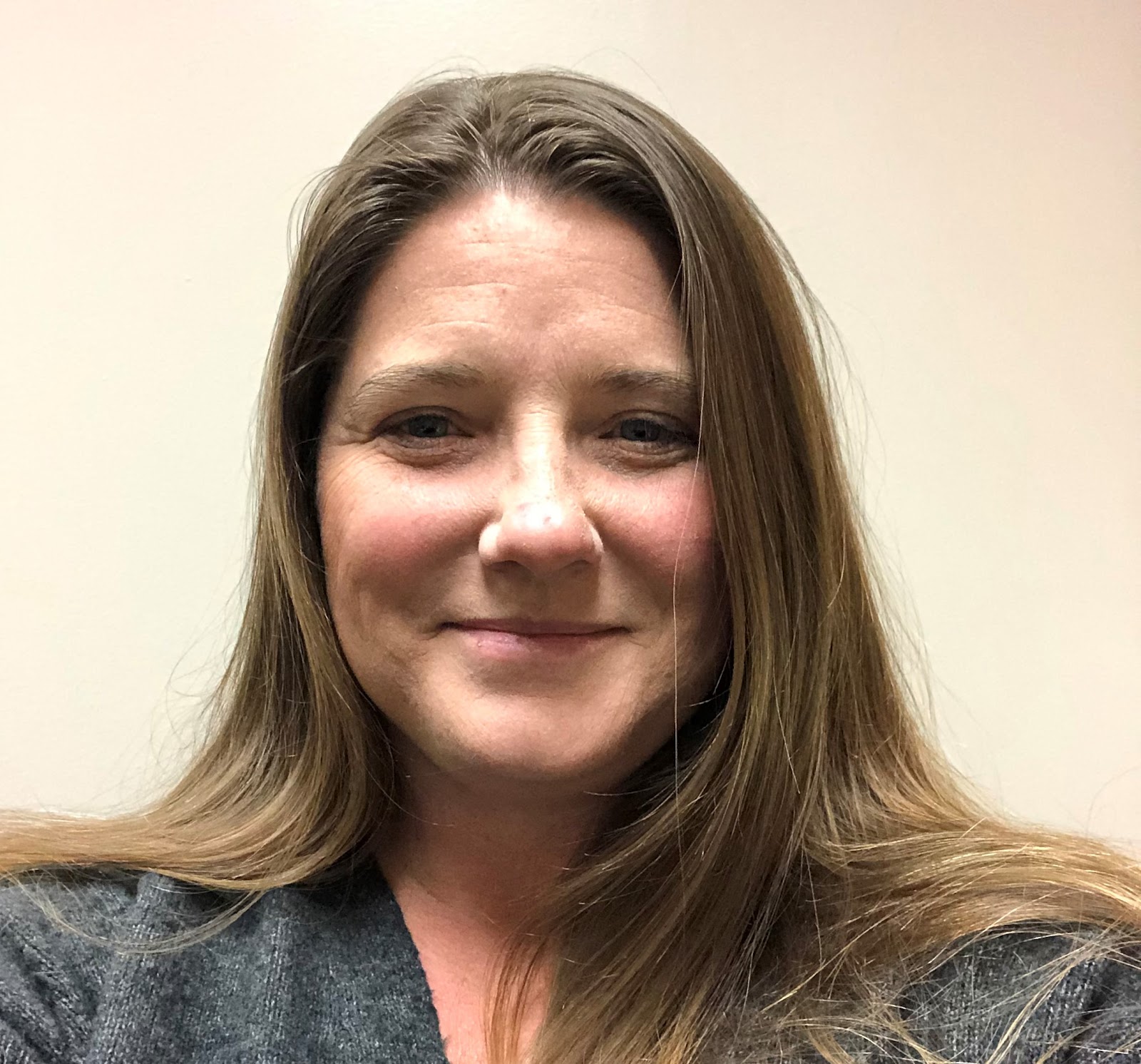 |
Jaime Murphy - Harding University Jaime Murphy is an assistant professor at Harding University in Searcy, AR. She teaches inorganic chemistry, environmental chemistry, and general chemistry. She completed her BS in chemistry at the University of South Carolina Aiken in 2001. She worked at the Savannah River Site in Aiken, SC as a scientist in the process control lab in F area for two years before choosing to stay home with her children for a number of years. She then taught high school science and math in American Samoa and Greenville, SC for seven years before returning to school to pursue her graduate degree. She completed her Ph.D. in inorganic chemistry from Clemson University in 2018, working in the laboratory of Julia Brumaghim. Her graduate work focused on the synthesis and characterization of copper and iron complexes with potential thione and selone antioxidants. Upon graduation, she accepted the position in Searcy at Harding University. Her current research is two fold: the synthesis and characterization of silver-thione coordination polymers and analyzing AR water for emerging contaminants. |
|
Irene Ogutu - Regis University
Irene received her B.Ed-Sc from Catholic University of Eastern Africa in Kenya in 2007 and her Ph. D from Marquette University in 2019, under the guidance of Professor Richard C. Holz. Her doctoral research focused on Mechanistic Study of Nitrile Hydratase. She did her postdoctoral work at Colorado School of Mines. She is currently Visiting Assistant Professor at Regis University teaching General Chemistry and Inorganic Chemistry. |
|
|
Deborah Polvani - Washington and Jefferson College Deborah Polvani is an Associate Professor of Chemistry at Washington & Jefferson College in Washington, PA. She teaches a variety of undergraduate chemistry courses including: general, organic, inorganic, materials and advanced synthesis. Deborah earned a B.S. in chemistry (with a minor in mathematics) from Loyola University Maryland in 1995. She then received a Ph.D. in 2000 in Prof. John Badding's group at the The Pennsylvania State University, where she focused on the synthesis and characterization of inorganic solid-state thermoelectric materials. Deborah's first place of employment was with General Electric Plastics in Mt. Vernon, Indiana in the Analytical Division. Later, she switched to academia full-time and has been a professor of undergraduate students ever since. Deborah's research interests include solid-state materials in general, and currently my students and I are working on mechanochemical synthesis routes for coordination compounds. |
|
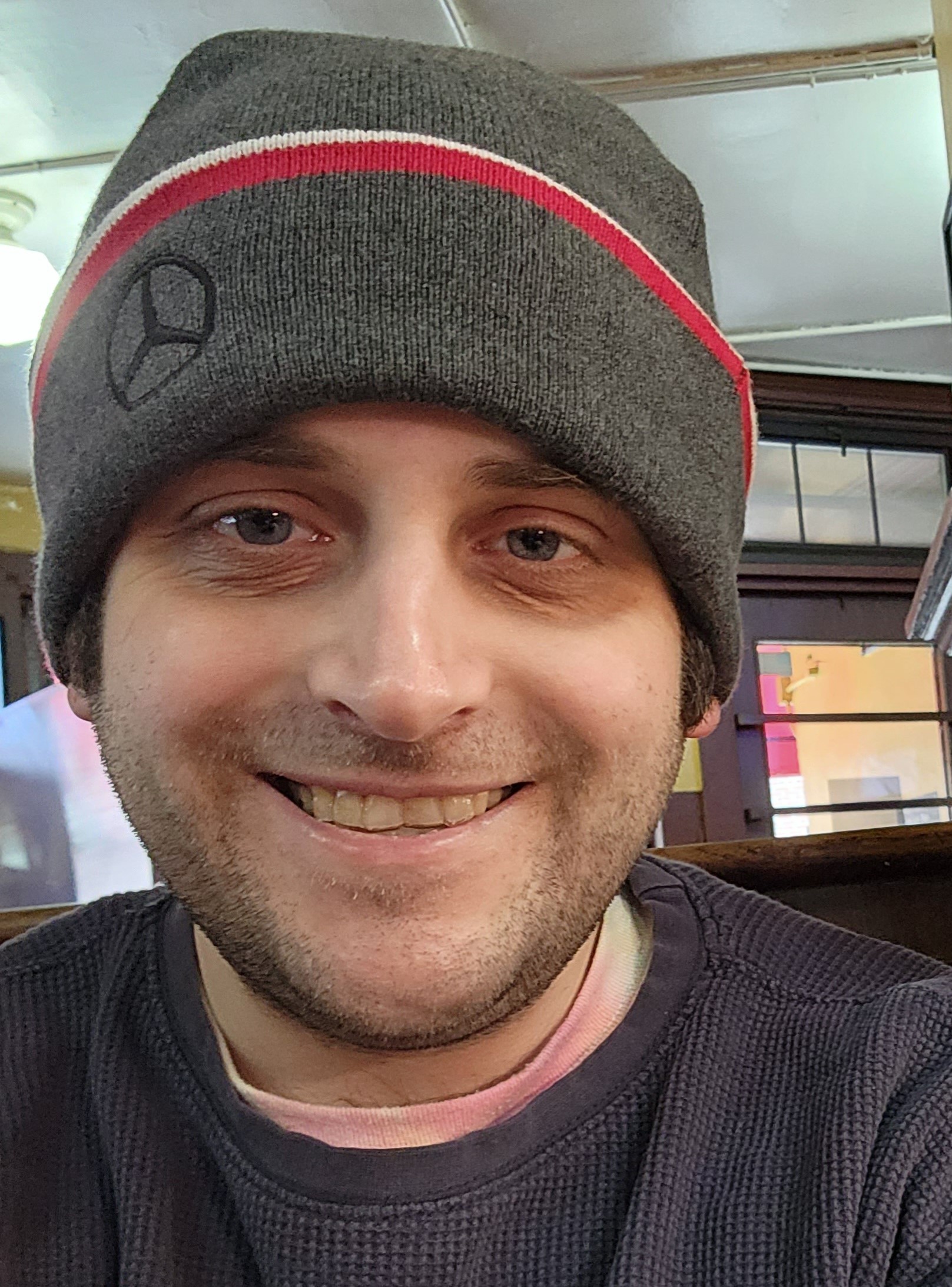 |
Cody Webb, Jr - Hartwick College Cody Webb, Jr. is a visiting professor of chemistry at Hartwick College teaching inorganic and analytical chemistry. I earned my B.S. in Chemistry from Le Moyne College and am currently ABD on my doctoral degree from Syracuse University where I worked with Dr. Karin Ruhlandt-Senge. My graduate research focused on studying the mechanism of formation of metal-organic frameworks. I've also work on projects involving the synthesis of main group coordination compounds, primarily with bismuth and s-block metals with perfluorinated ligands. My current research involves the chemical analysis of grains used in the brewing process and of beer itself. |
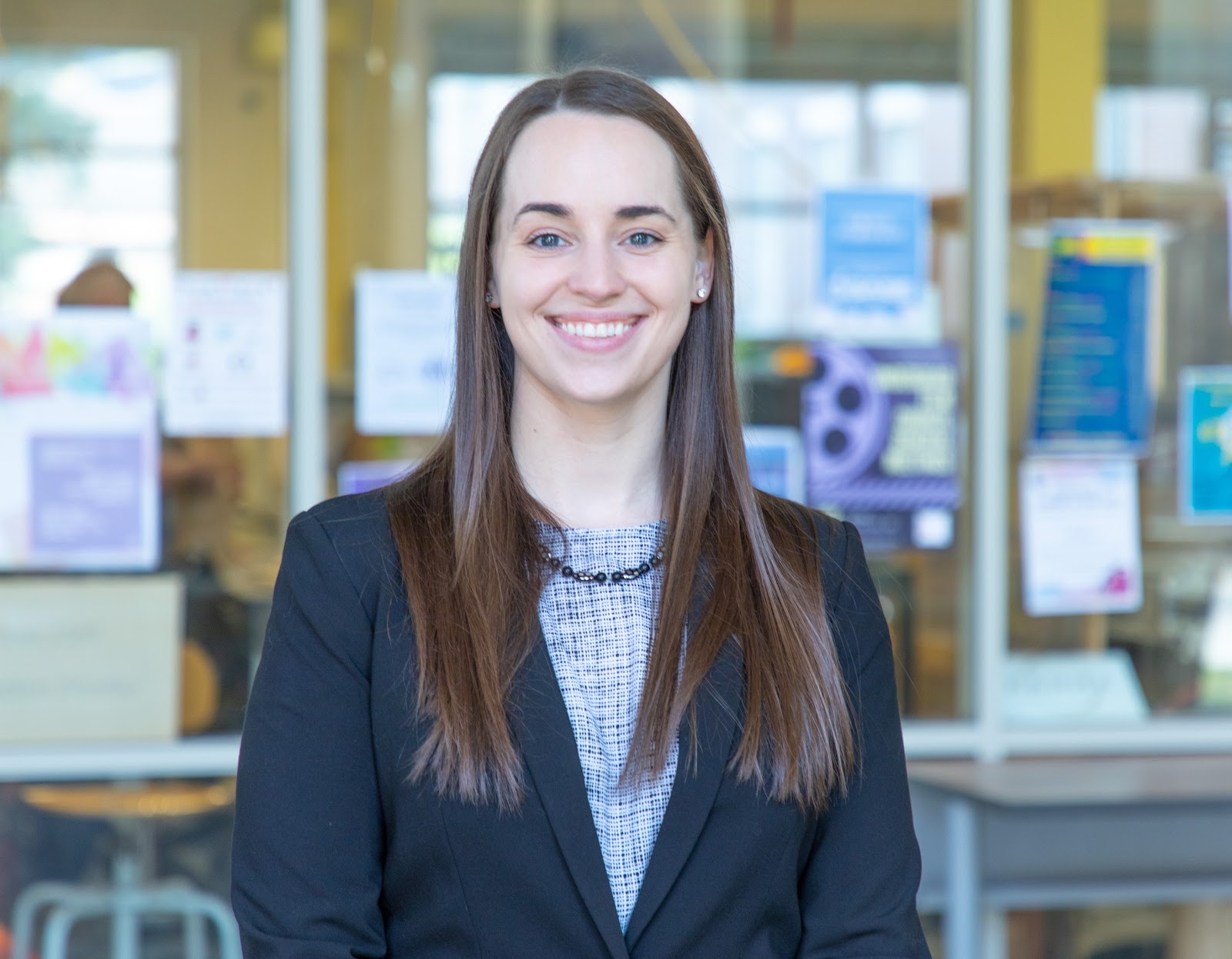 |
Lauren VanGelder - Norfolk State University Lauren VanGelder is an Assistant Professor of Chemistry at Norfolk State University in Norfolk, Virginia. She teaches a variety of undergraduate courses including General Chemistry and Advanced Inorganic Chemistry. Her current research is in the synthesis of transition metal catalysts for small molecule activation. Lauren received B.S. degrees in Chemistry and Biomedical Sciences from SUNY Buffalo in 2015, and her PhD in chemistry from the University of Rochester in 2019 in the group of Professor Ellen Matson. |
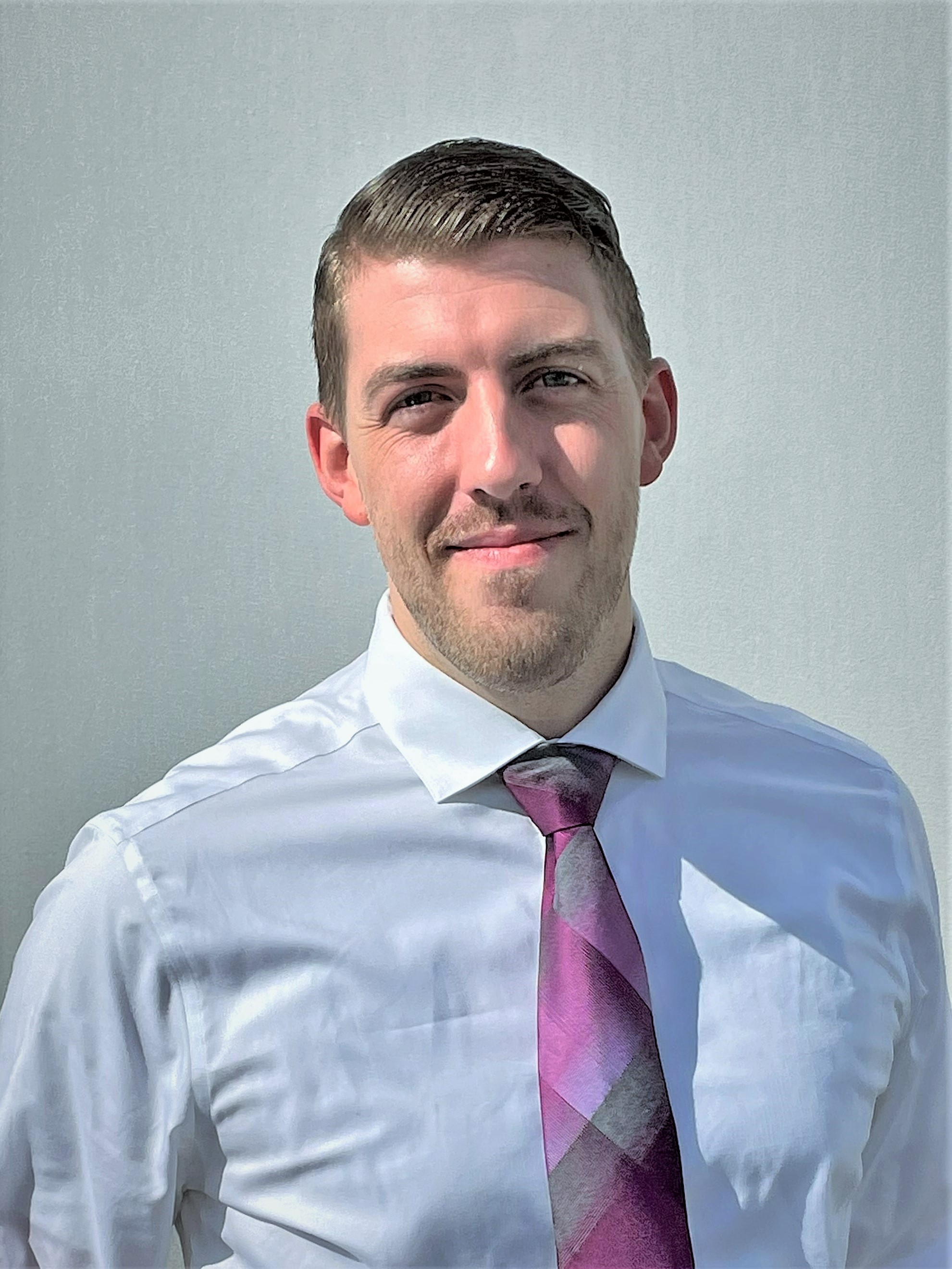 |
Chris Whitehead - Union College Chris Whitehead is an Assistant Professor of Chemistry at Union College (NY), where he teaches general chemistry, inorganic chemistry, and nanotechnology courses. He received his B. A. in Chemistry from Willamette University studying Ru-based anticancer compounds under Prof. Karen McFarlane Holman. He earned his PhD in Chemistry in 2021 from Colorado State University working in the research group of Prof. Richard Finke. His doctoral research centered on the nucleation mechanism of iridium nanoparticles. Next, he conducted post-doctoral research with Prof. Jonathan De Roo at the University of Basel in Basel, Switzerland. There, he researched Group IV metal oxide nanocrystal synthesis and formation. He joined the faculty at Union College in 2022, where he and his group of undergraduates are using semiconducting nanocrystals in environmental applications. |
